Crema Chats with CEO Markus Fischer - La Bastilla Coffee Estates Nicaragua
- 7 Feb 2018
Our Fourth Single Origin Coffee Comes From La Bastilla in Nicaragua!
Crema Coffee Garage spoke with La Bastilla CEO, Markus Fischer to learn more about their practices, their projects & challenges, plus what to expect in 2018!

La Bastilla Coffee Estates is a Rainforest Alliance Certified coffee farm based in the highlands of Jinotega that produces, processes and exports coffee. The farm is run by CEO Markus Fischer and agronomist, Martin Montero. With decades of experience in managing and operating coffee farms, the two were recruited to take over the La Bastilla and Santa Luz farms in 2003 (which were abandoned at the time).
The mission of La Bastilla, according to Fischer, is to produce and deliver high quality coffee year-on-year, using the natural environment and their expert knowledge of the terrain and plantations. Always seeking improvement to develop the best industry practices.
We spoke to Markus Fischer to learn more about the farm, their processes, what they believe in as coffee producers and as a business, and to find out more about the other offerings of La Bastilla. Learn more here:
Crema Coffee Garage (CCG): What is the origin story of La Bastilla Coffee Estates? And how did you and Martin become involved?
Markus Fischer (MF): La Bastilla Coffee Estates was founded in 2003 when the current owners took over the 2 farms La Bastilla and Santa Luz from a bankrupt organization who had abandoned the farms a couple of years earlier. Martin (as farm and mill manager) and myself used to work for the Volcafe Costa Rica organization, prior to that.
CCG: La Bastilla Estate seems to be much more than just a coffee growing farm, you also host visitors at your Ecolodge – What is an Ecolodge? What do you offer tourists who stay with you (activities, tours, meals, etc.)?
MF: The Ecolodge and the technical school are intimately related, and the answer to these questions also applies to your next item and also about FEER: When we took over these farms, they were not only in bad shape, they also had no schools nearby for children of our workers or the surrounding community. That is when we established a local not for profit foundation called “Fundacion de Educacion y Emprendedurismo Rural” (FEER) to be the legal entity for all CSR and education efforts of La Bastilla, to have a separate legal entity for this project and not to mix it up with the coffee enterprise. All income from the small businesses of the school including the Ecolodge, go into the account of the school. This project has been growing slowly over time and I think today it is a benchmark for rural education in this country. We aim to create a life changing experience for young poor rural children. In fact, some of the graduates now work for us on a technical level, and some of them have gone ahead to obtain university education (for example in the EARTH University in Costa Rica and the Zamorano Agricultural School in Honduras), an achievement these children would never have been able to reach without our project.
CCG: You also have the La Bastilla Agricultural Technical School on site – What is the purpose of the school? Who is FEER and how are they involved?
MF: See previous comments.
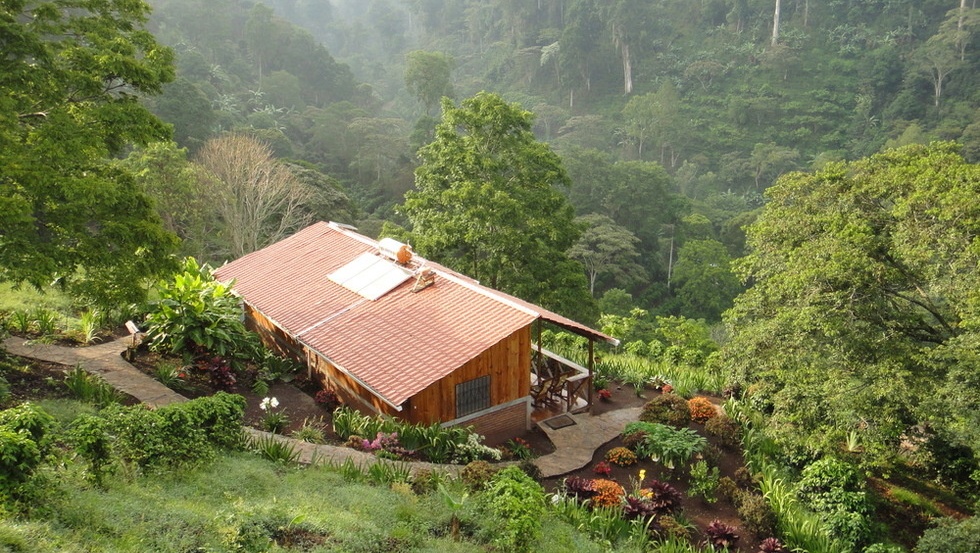
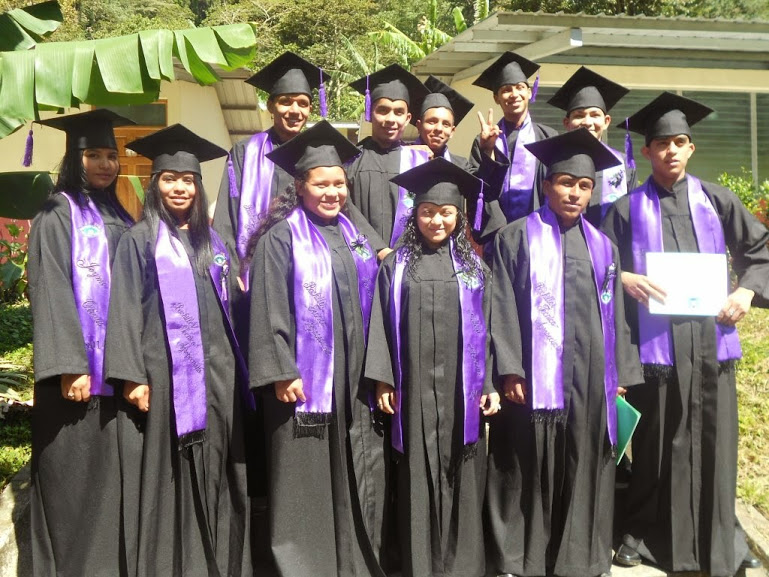
CCG: What is one big issue you are dealing with as a coffee producer?
MF: Variations of sales price (revenue) and a certain uncertainty as to the size of the next harvest, as we deal with a changing climate and local economic risks such as exchange rate and unexpected government regulations and taxes (which always increase!). If we could sell our entire crop at a fixed price for several crop years to deliver, we would do it.
CCG: Is La Bastilla Estate involved with any foundations or organizations that assist with increasing the farms environmental and sustainability efforts?
MF: Not really. We have had the Rainforest Alliance certification for 14 years, but otherwise we are on our own and try to do our best to be sustainable. We know what it takes and we also know what it costs.
CCG: We know about the Agricultural Technical School, but is La Bastilla Estate involved with, or a sponsor of, any other charities or foundations? In what ways can roasters and coffee lovers abroad support these causes too?
MF: Some of our long term roaster customers chose to sponsor one or several students for their 3 year course at the technical school.
CCG: As a producer, what is your opinion on direct trade and fair trade as methods for securing coffee prices and ensuring fair payment?
MF: We try to sell our coffee always at a fixed price, independent of the vagaries of the coffee futures market, since as producers, we cannot speculate. We normally establish a fixed target price for our green coffee on a FOB basis, and do not change this price during a year. The price should reflect the quality of the coffee and the seriousness of us as trading partners. In my humble opinion, the Fairtrade concept as we see it today does not really reflect these values. Direct trade is of course a different, more positive concept which I like a lot, but there are obstacles such as size of the transaction, even if we like, since it’s difficult to ship a small lot of a few bags from the farm, for example, to a roaster in Australia at a reasonable cost due to logistical cost issues. We are also very critical on the so called organic coffee issues.
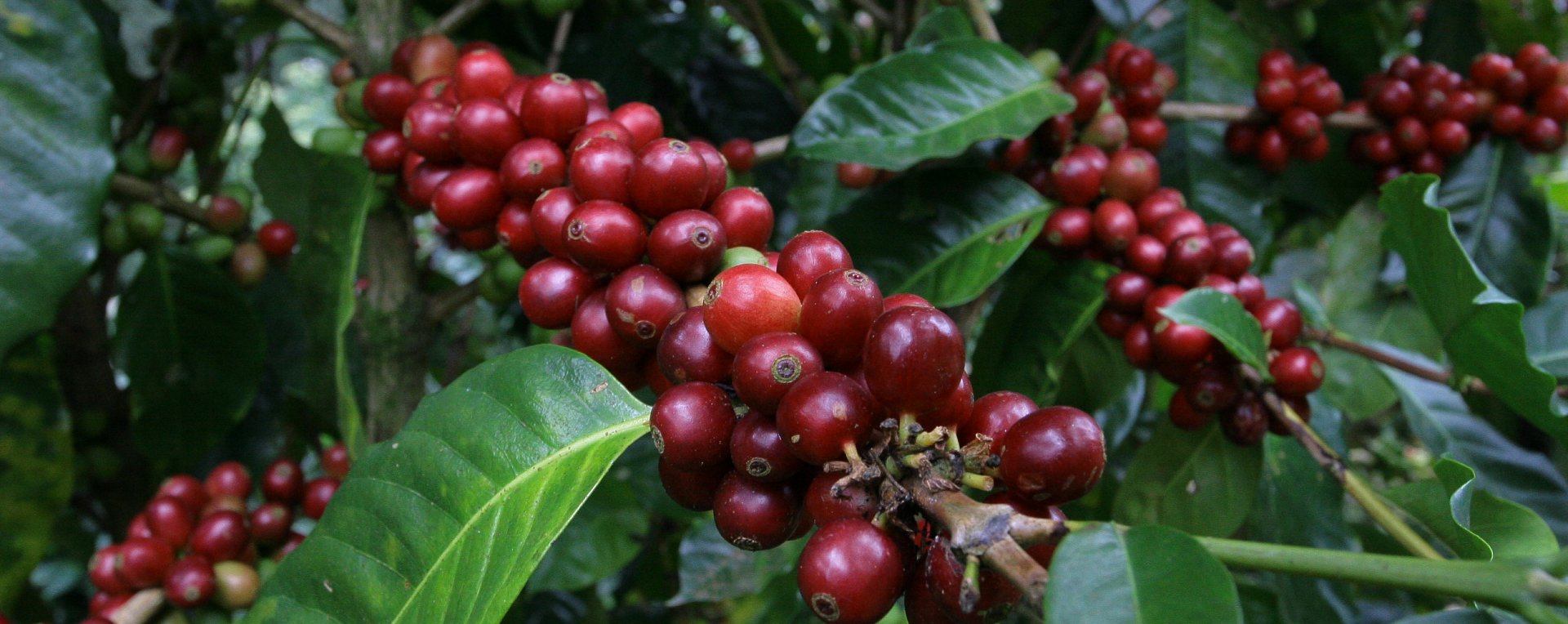
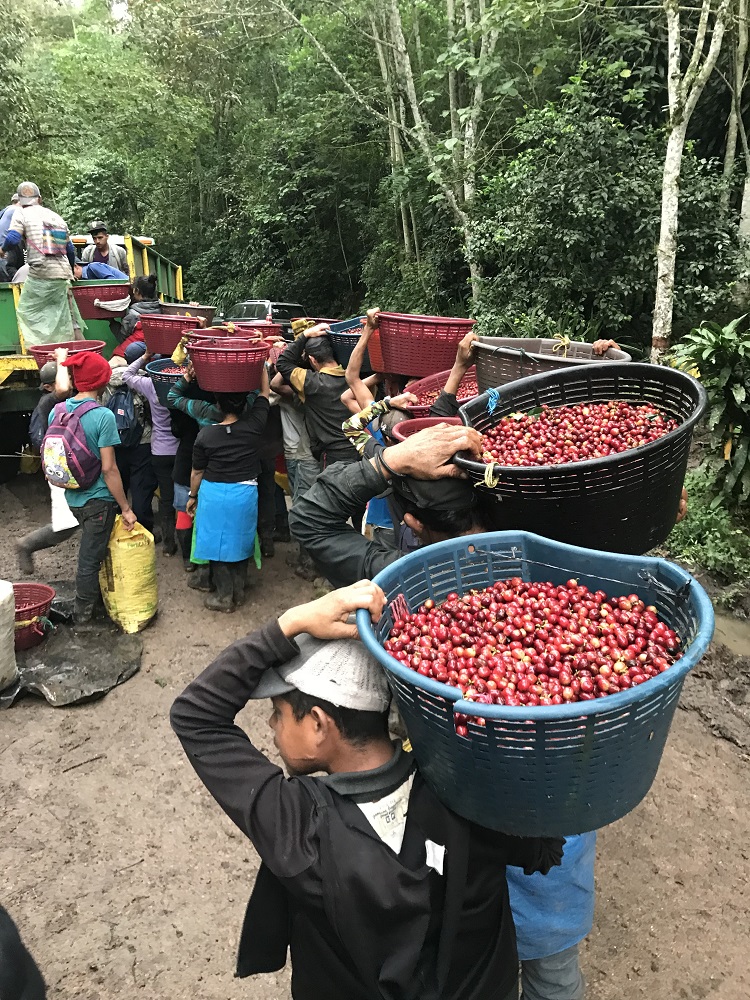
CCG: What can coffee lovers abroad do to support producers like yourself better?
MF: The highest reward for us is repeating and satisfied customers, people (and roasters) who would like to have our coffee every year. We are always looking to establish a very long term relationship with roasters and their customers in their respective country or city. A continuous relationship allows a better long term business planning for all involved in the supply chain, from coffee tree to consumers home. We also hope that our customers recognize the fair value of our coffee.
CCG: What achievements of La Bastilla Estates are you most proud of?
MF: To be able to grow, process and export our green coffee directly from our farms mill to roasters, without any intermediaries, and to be able to supply our coffees with its own identity as to variety, geographic location and in different processes (wet, honey and natural). We can produce custom made micro-lots for repeating customers if so desired. We are also happy to have succeeded in producing a variety of microlots from different parts of our farm with different processes to be able to offer different taste profiles for customers, all from one single coffee estate. We produce about 250 micro-lots each year, some of them quite different from each other.
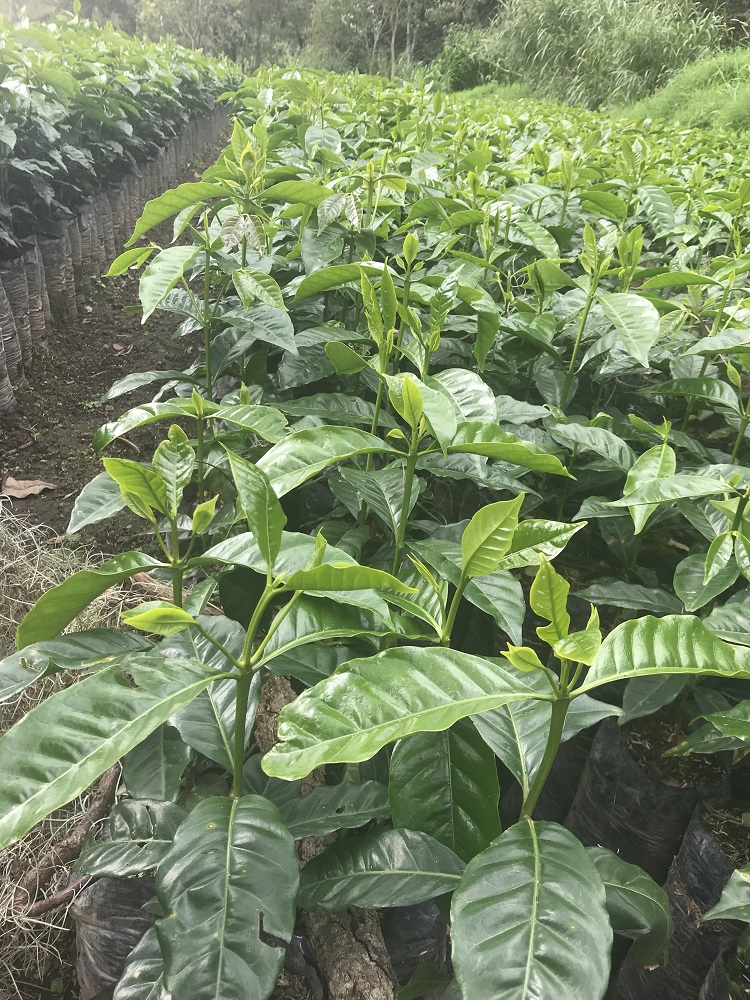
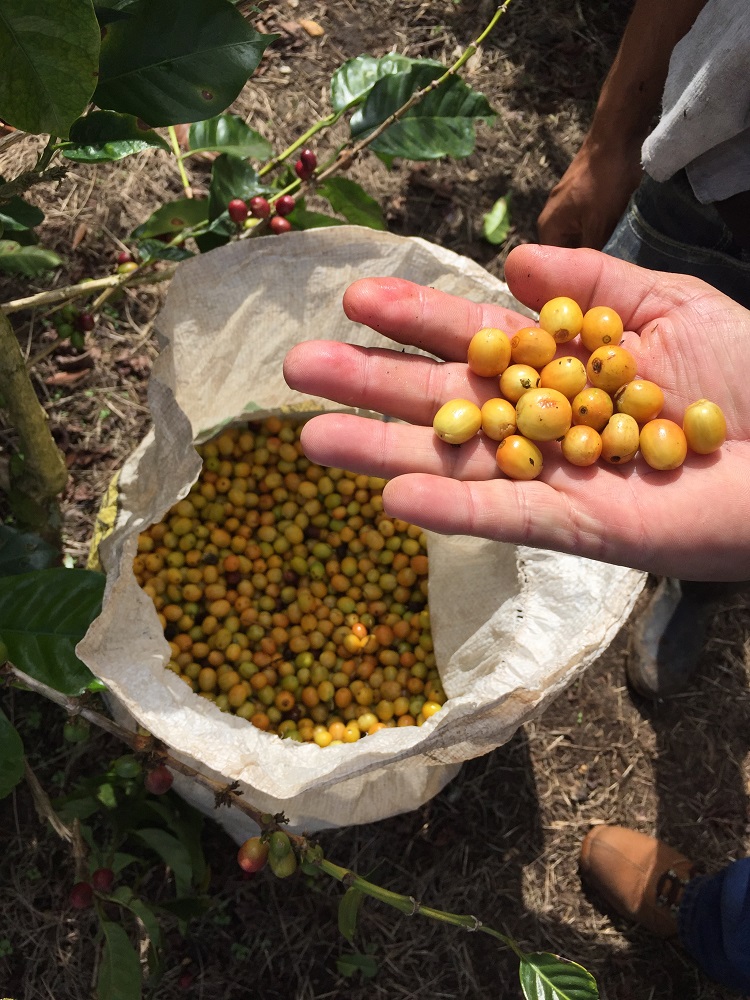
CCG: Do you have a favourite varietal? If so, why?
MF: I like the Yellow Catuai because of its sweetness and round cup taste. The problem is that trees of this variety tend to loose ripe cherries quickly if it rains during harvest, so it is very difficult to rescue the whole crop in times like this year which was/is very wet. I also like the intense aromas of the Geisha variety, we have planted a couple of hectares las year to see how it will express itself cup wise in the highest part of our farm (at 1,450m above sea level).
CCG: We have purchased your El Peñón Blueberry Candy coffee to be our fourth single origin in 2018 – is there any brew method you would recommend for this varietal?
MF: This is also my personal favourite part of the farm. This part of the farm usually produces a vibrant, richly sweet, as well as spicy clear-toned coffee (in its washed preparation) with cocoa, dried fig and ginger blossom aromas in the cup. In El Peñón section we have Red Catuai and Caturra varieties, Caturra being on the higher part. We prefer this coffee to be brewed with filters and hand poured.
CCG: What are your goals for La Bastilla Coffee Estates in 2018?
MF: We believe in a continuous improvement concept on all levels, taking on small projects every year step-by-step to obtain improved results both in our coffee business and the education project, which in the end must be self-sustainable. Our immediate goal for 2018 is to successfully finish harvesting this year’s crop and to deliver all coffee sold to our customers to their satisfaction, and to plant more efficient/resistant coffee plants yielding high quality coffee, to improve the sustainability of the business. We have a very long term view on this.
MF: The best way to get to know us better is a personal visit, we welcome coffee customers to our farm to see for themselves, which is better than any book we could write on La Bastilla or the school. We love to get feedback from our customers on our coffee, quality etc., also criticism or suggestions, and we love to welcome them as visitors to La Bastilla.
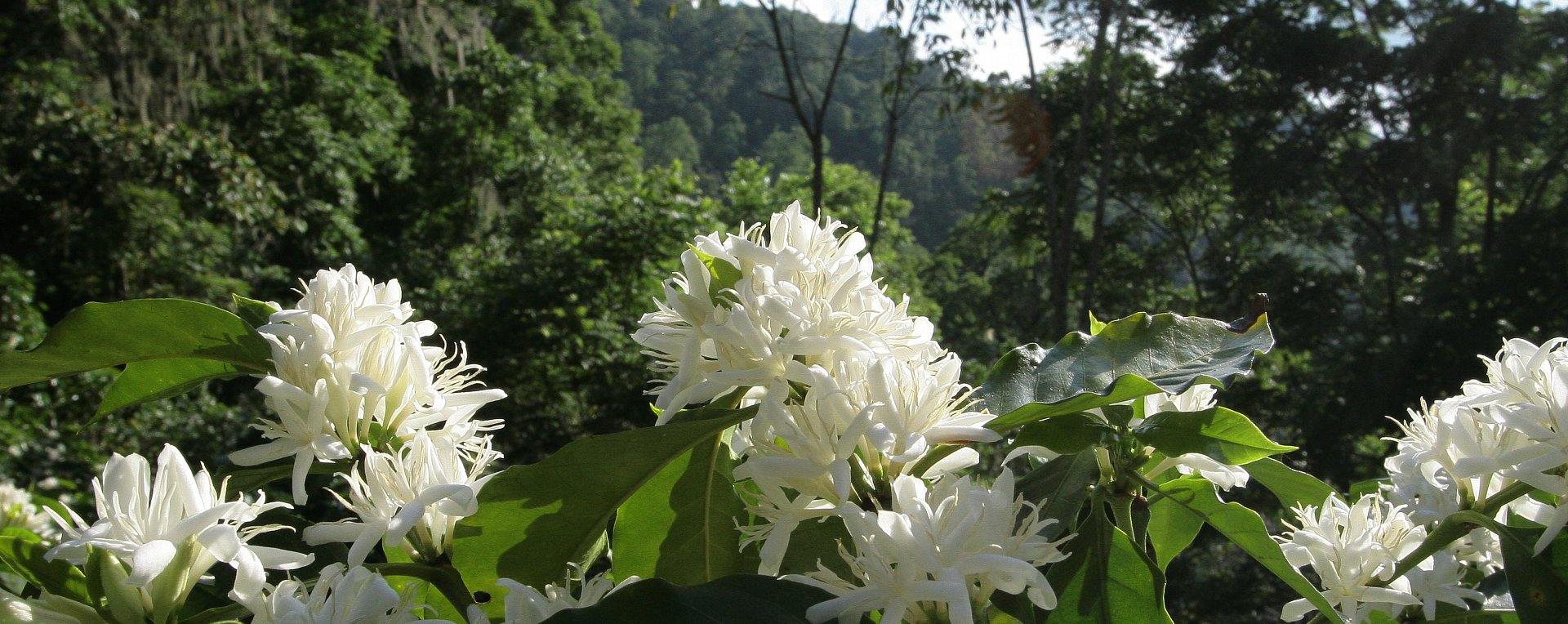
If you would like to learn more or keep up-to-date with La Bastilla Coffee Estates or any of their projects, check them out on social media:
Facebook: https://www.facebook.com/LaBastillaCoffee/
Twitter: @LaBastillaEco



